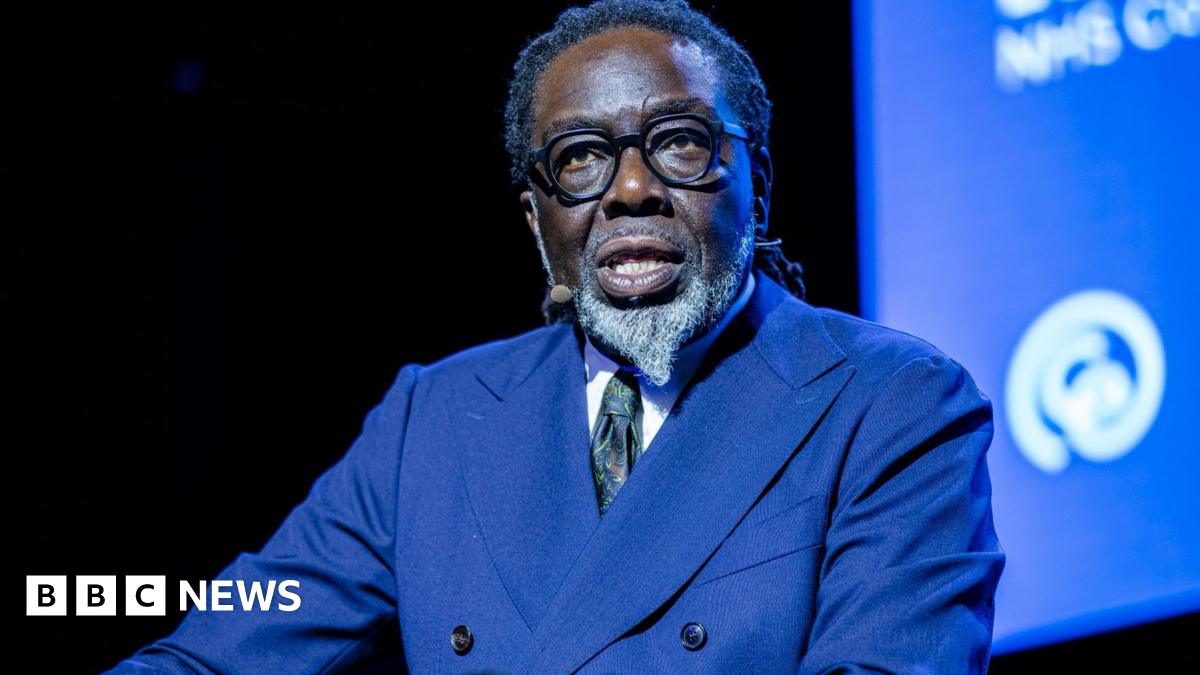Lord Adebowale is not naming the NHS service involved in her care, saying he does not want to apportion individual blame, as his mother’s experience was symbolic of a wider problem.
“I just think there are too many situations where people that look like me and shades of me don’t get the service they deserve. It was not the dignified death that we would have wanted for her. It wasn’t the death she deserved.
“I think she got a black service, not an NHS service.”
Lord Adebowale, who for nearly 20 years was chief executive of Turning Point, a care organisation that supports people with substance misuse and mental health problems alongside those with learning disabilities, before becoming chair of the NHS Confederation in 2019, said there were multiple examples of inequalities in the health service.
He highlighted research, external showing younger black people waited 20 minutes longer on average in A&E than white people.
It also showed people from the poorest backgrounds were more likely to face year-long waits for routine treatment.
Other studies, external have suggested people from deprived communities are 50% more likely to have cancer diagnosed after a visit to A&E – such diagnoses are more likely to be at a later stage when chances of survival are lower.
He said while the promise of extra money for the health service made in this week’s spending review was welcome, that alone would not tackle the inequalities.
“It a systematic problem – I don’t want to blame any particular individual or my mum’s local NHS.
“What happened to her could happen anywhere. We need to address inequalities in the health service and that requires leadership – not just money.”
